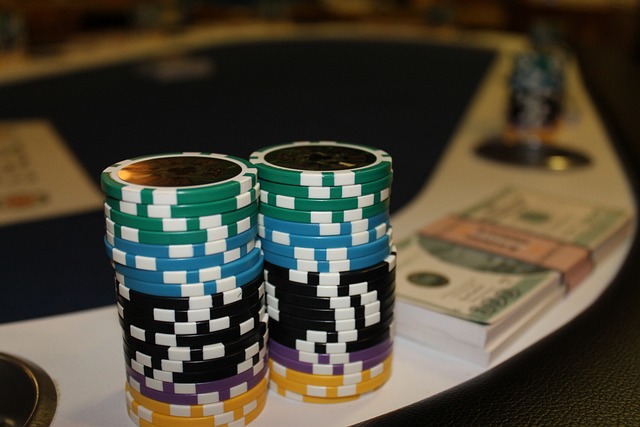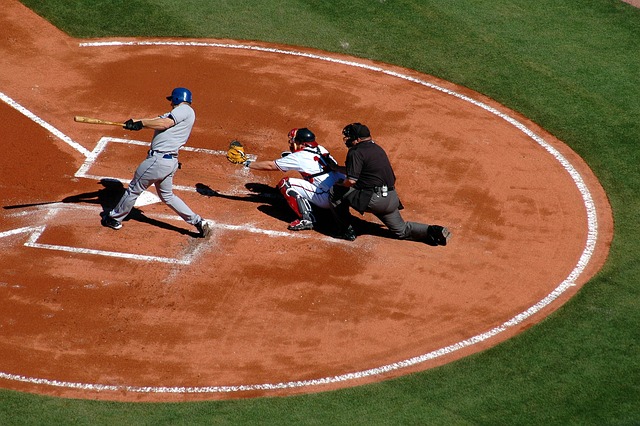Stroll through the neon-lit corridors of any casino and you’ll feel it—an electric current of anticipation. It crackles from the roulette tables to the chiming slot machines, each game promising the potential for reward. Yet behind the allure of quick fortunes lies an unspoken truth, one as old as gambling itself: the house always wins. To understand why, we must peel back the velvet curtain and scrutinize the betting dynamics that define these temples of chance.
Casinos are not just entertainment venues; they are meticulously designed empires of profit. Each game, from blackjack to craps, carries an inherent advantage for the casino, known as the house edge. This is the mathematical advantage that ensures the casino, over time, will retain a percentage of every bet wagered. The roulette wheel, for instance, may seem like a 50-50 gamble, but the presence of the zero pocket (or double zero in American roulette) tilts the balance in favor of the house.
Slot machines, those perennial generators of casino revenue, are calibrated for a precise return-to-player (RTP) percentage. This ensures that over the long haul, the slots will pay out a specific fraction of the money played through them, always reserving a cut for the casino coffers. The brilliance of slots lies in their volatility; while they may offer the chance of a substantial payout on any single spin, the odds are carefully aligned to ensure overall profitability for the house.
The psychology of betting is another ace up the casino’s sleeve. Free drinks, the absence of clocks or windows, and the cacophony of sounds and lights are all part of a strategic ploy to reduce inhibitions and skew judgment. Gamblers are nudged towards riskier bets, which often come with higher house edges. The thrill of a win is intense and memorable, while the far more frequent losses tend to blend into the background, encouraging players to keep betting in pursuit of that elusive jackpot.
Poker rooms, by contrast, might seem like a respite from the casino’s edge, as players bet against each other rather than the house. Yet here, too, the house profits through the rake—a small percentage taken from each pot. No matter who wins the hand, the casino extracts its share.
For those looking to place a bet with a more calculated approach, sports betting offers a glimmer of strategic hope. Here, the odds reflect not only the perceived likelihood of a particular outcome but also the betting patterns of the public. Skilled bettors who diligently follow their chosen sports can sometimes outwit the odds-makers. But even in this arena, the house takes its cut in the form of a vig, a fee charged on bets.
Amid this reality, some platforms stand out for their commitment to player experience. TonyBet, for example, strides to the forefront with competitive odds and a transparent approach that appeals to savvy gamblers. They understand the ecosystem of betting and provide tools and information that can help their patrons make informed decisions.
In the end, while individual players may enjoy victories, the architecture of gambling ensures that casinos come out on top. It’s an ecosystem calibrated for profit, where chance reigns, but the underlying statistics are never left to chance. As any seasoned gambler will tell you, the key to betting in a casino is not to overcome the house edge but to enjoy the thrill of the game while recognizing the dynamics at play. The house always wins in the grand scheme, but within its walls, the spectacle of chance continues to draw hopeful players into its fold.



